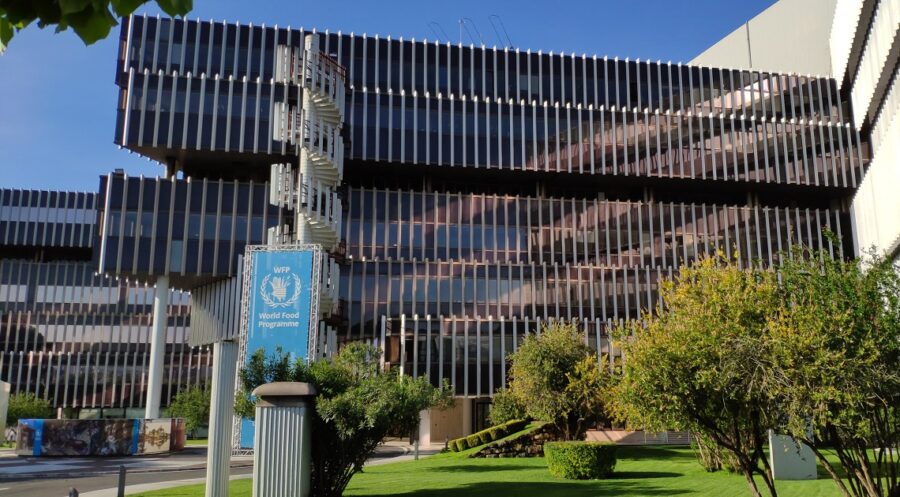A four-day study trip to Uzbekistan was completed by representatives of Tajikistan’s government, wheat mills, and private sector to learn about the country’s wheat flour fortification regulatory system in action, ReliefWeb reports.
The World Food Program (WFP) of the United Nations organized the trip in collaboration with the Tajik government.
Fortification is one of the most economical ways to address micronutrient deficiencies, which continue to be a problem for women and children in Tajikistan in terms of public health. Malnutrition has been linked to the emergence of illnesses and long-term health problems.
Participants in the study tour gained knowledge of the legal framework, millers’ experiences and successes with fortifying wheat flour in Uzbekistan, the purchase of micronutrient premix, and the assistance given to millers in the nation. Uzbekistan has great expertise adding vitamins and minerals to food, especially wheat flour.
The 2016–2030 National Development Strategy lists food security and nutrition as one of the nation’s four strategic priorities, and the government of Tajikistan has enacted various strategy papers to address population micronutrient deficiencies.
The WFP is the sole organization that imports fortified food into the nation, including fortified wheat flour and vegetable oil. Around 450,000 primary school students in 2,000 schools receive daily hot meals made with these wholesome ingredients through the National School Feeding Program.
The greatest humanitarian agency in the world, the United Nations World Food Programme, uses food assistance to save lives in dire situations and pave the way for peace, stability, and prosperity for those who have suffered from conflict, natural catastrophes, and the effects of climate change.



